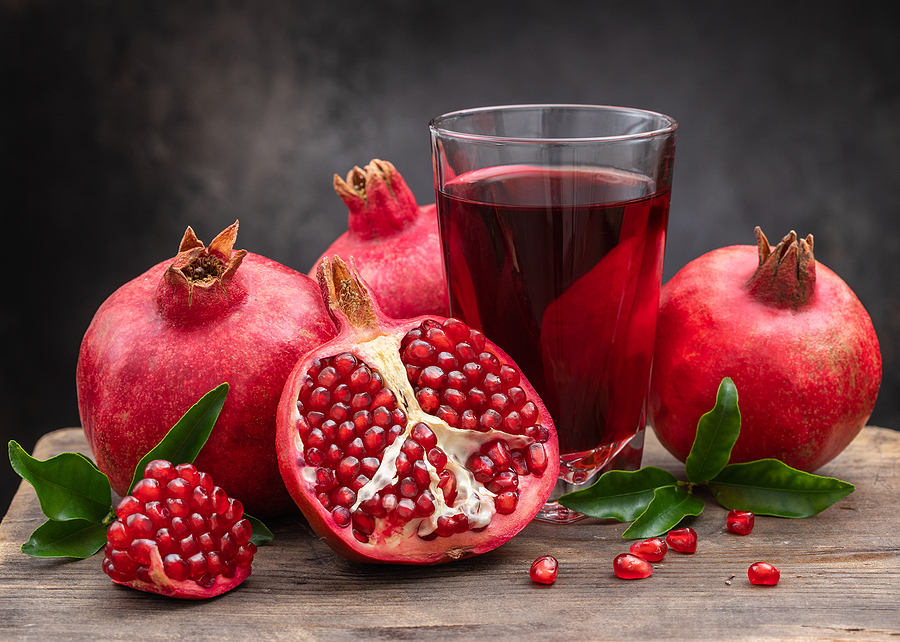Lifestyle
11.17.2022
Myths and truths about the pomgranate, the popular Middle Eastern superfood

Grown and eaten since ancient times, the pomegranate is a fruit as beautiful as it is delicious. With its glistening, ruby-like seeds and strong antioxidant power, this food is linked to many rituals, myths and legends in the Middle East region. But the pomegranate is also a part of everyday life, whether eaten as is or in juice form.
Symbolism and rituals around the pomegranate
The pomegranate was one of the first fruits to be cultivated, along with the fig and the grape. Five thousand years ago, it was cultivated in Iraq, Egypt, Iran and Turkey. With its singular appearance similar to a berry and punctuated with a crown at the top, this fruit has a very strong symbolism.
Voir cette publication sur Instagram
In ancient times, the Persians, Greeks and Egyptians considered that the red seeds of the pomegranate symbolized fertility and rebirth. Silver vessels in the shape of a pomegranate were found in the tomb of Tutankhamen. This fruit was frequently placed near the deceased to facilitate their passage to the afterlife.
In Mesopotamia, the pomegranate was given as an offering to the statues of Ishtar, goddess of love, reproduction and fertility, in the hope of promoting fertility. Today, in some Middle Eastern countries, the pomegranate is thrown to the ground by the bride. The red seeds that escape from it, then give the number of children that the future parents will have.
The benefits of pomegranate
This fruit is considered as a superfood, because of its numerous properties on the body. It is a concentrate of vitamins (A, B, C and E), minerals (potassium, calcium, magnesium) and trace elements (zinc, copper and manganese). Without forgetting its content of polyphenols, antioxidant cells which improve blood circulation and fight against the misdeeds of the oxidative stress. The pomegranate is also said to have numerous benefits on cardiovascular diseases, hypertension and cholesterol. A real rejuvenating cure!
Voir cette publication sur Instagram
In the Near and Middle East, this fruit has a large place in the diet. The pomegranate is eaten as juice, sprinkled on hot dishes or as is, taking care to cut the fruit into quarters.
popular

